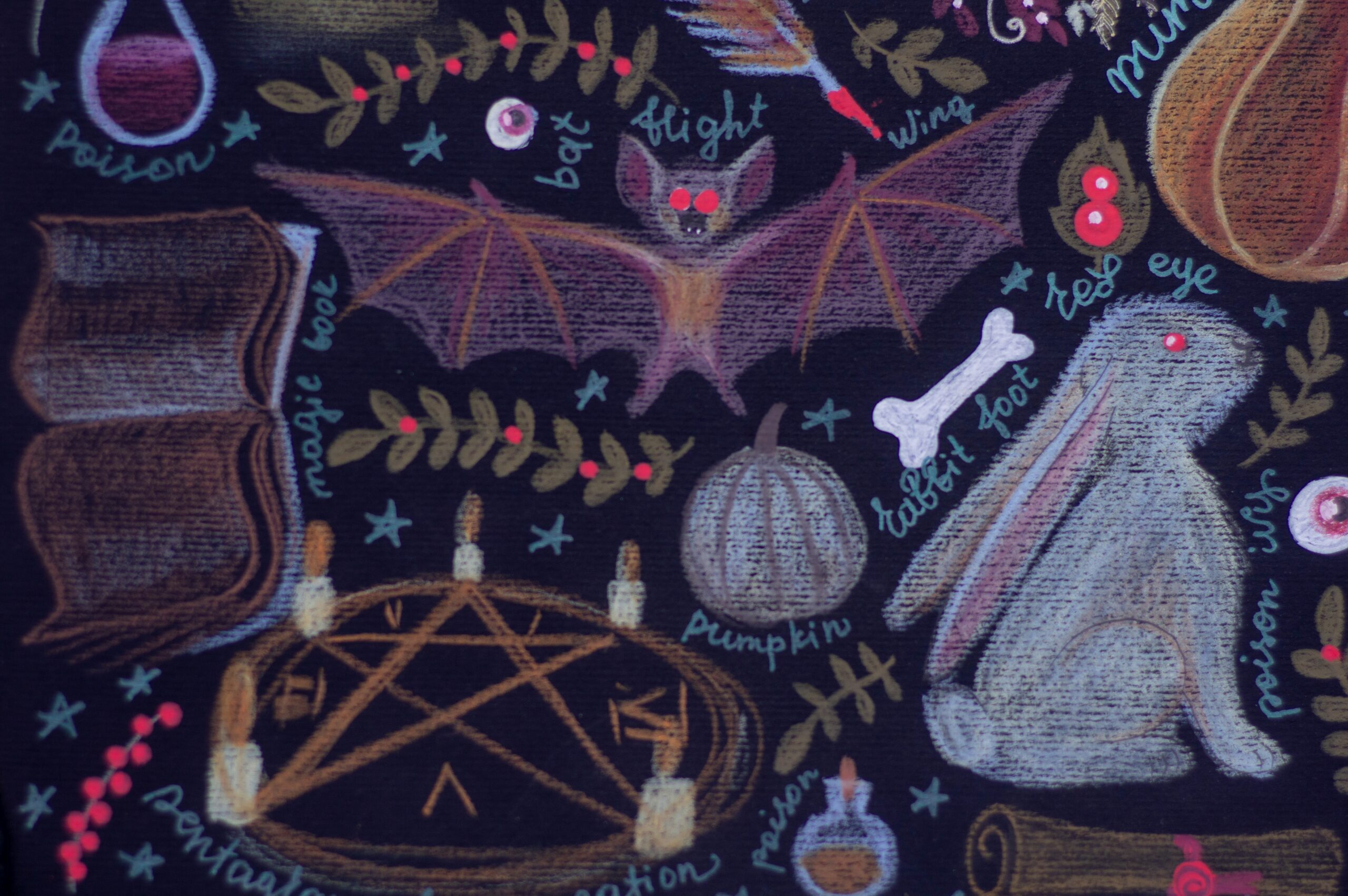Voodoo, also spelled Vodou, Vodun, or Voudon, is a complex and diverse spiritual tradition originally from West Africa and strongly influenced by the diaspora through the transatlantic slave trade, particularly in Haiti, but also present in other parts of the Caribbean, the United States, and Brazil. Its practices and beliefs incorporate elements of African religious traditions, Catholicism, and indigenous spirituality. Here are some of the core principles and concepts central to Voodoo:
1. Connection with Ancestors
Voodoo places a strong emphasis on the reverence and communication with ancestors. Practitioners believe that ancestors can influence the living, offering guidance, protection, and support. Communion with the ancestors is achieved through rituals, offerings, and prayers.
2. Belief in a Supreme God
Voodoo believes in a distant Supreme Creator, known as Bondye (from the French “Bon Dieu,” meaning “good God”) in Haitian Voodoo. Bondye is considered the ultimate cause of all creation, although he is generally not involved in human affairs directly.
3. Veneration of Spirits (Loa or Lwa)
Central to Voodoo practice is the veneration of loa (or lwa), spirits that mediate between the Supreme God and humanity. Each loa has distinct personalities, stories, and domains (e.g., love, justice, agriculture), and they can offer help or guidance. Interaction with the loa is facilitated through ceremonies, offerings, music, and dance.
4. Rituals and Ceremonies
Voodoo rituals and ceremonies are complex and vibrant, involving music, dance, singing, and the use of symbols and objects. These rituals serve to invite the loa to communicate with practitioners, often through possession. Ritual objects include altars, statues, candles, and offerings of food and drink.
5. Magic and Healing
Voodoo practitioners often use herbs, dolls, and talismans in various rituals believed to have healing or protective powers. This aspect of Voodoo is often misunderstood and sensationalized. Practitioners, known as “houngans” (priests) and “mambos” (priestesses), serve as healers and spiritual leaders within their communities.
6. Community and Social Cohesion
Community is a fundamental aspect of Voodoo, with practices deeply integrated into social and communal life. Rituals and ceremonies are typically communal events that reinforce social bonds and collective identity.
7. Respect for Nature
Voodoo has a deep respect for nature and natural forces, which is reflected in many of its rituals and the reverence of certain loa associated with natural elements.
8. Syncretism
Voodoo is highly syncretic, blending elements from various African traditions with aspects of Christianity, especially Catholicism. This syncretism is evident in the overlap of Catholic saints with Voodoo spirits, as well as the incorporation of Christian prayers and symbols into Voodoo practices.
9. Ethical and Moral Code
While not codified in the same way as in some other religions, Voodoo does promote a moral code that emphasizes respect, responsibility, and the importance of contributing to the community.
10. Initiation and Spiritual Development
Initiation rites are important in Voodoo for those who choose to dedicate themselves more deeply to the practice. These rites, which can be elaborate and secretive, mark the transition of practitioners into deeper levels of understanding and commitment.
Voodoo is a religion rich in history and complexity, deeply woven into the cultural fabric of its communities. Its practices and beliefs offer spiritual guidance and serve to strengthen communal ties through shared rituals and cultural heritage.


